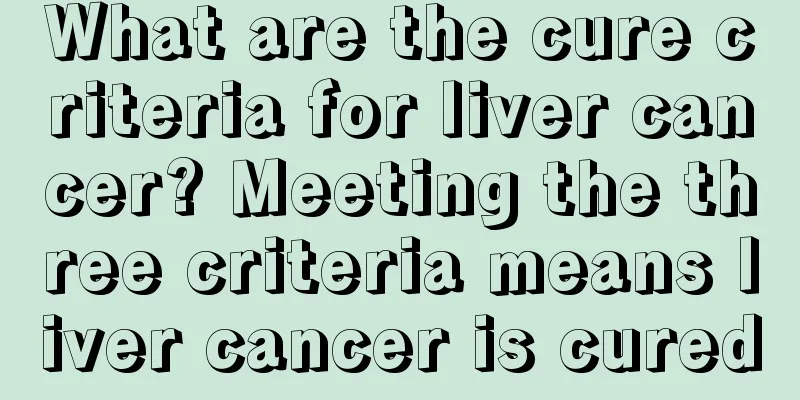What are the misunderstandings about hepatitis B surface antigen?

|
When checking for hepatitis B in the hospital, there are generally five tests. Hepatitis B surface antigen is one of the five tests. This test is mainly used to check whether the hepatitis B virus is infected, which is closely related to our health. Generally speaking, the test results are positive and negative. If it is positive, it means that there are some problems with hepatitis B and further examination and treatment are needed. However, many people may not know much about hepatitis B surface antigen and may have many misunderstandings. Misconception 1: Acute hepatitis with positive surface antigen is definitely hepatitis B, and acute hepatitis with negative surface antigen is not hepatitis B. In clinical practice, we often encounter patients with positive hepatitis B surface antigen accompanied by jaundice and elevated alanine aminotransferase, and doctors will naturally consider the possibility of hepatitis B. However, jaundice and elevated alanine aminotransferase are non-specific and can occur as long as liver cells are damaged, leading to abnormal liver function. Similar situations may also occur in hepatitis B surface antigen carriers who are infected with other types of hepatitis or combined with certain bacteria, rickettsial infection, etc. caused by hepatitis. Misconception 2: Using the surface antigen titer to determine whether the virus is contagious. The surface antigen is the capsid protein of the hepatitis B virus and does not contain viral nucleic acid. Therefore, the surface antigen itself is not contagious, and the level of its titer does not represent whether it is contagious or not. However, surface antigen-positive serum, regardless of its titer, may contain infectious doses of virus particles. Some people have diluted surface antigen and e-antigen-positive serum tens of millions of times and it is still infectious. At this time, using a very sensitive method to detect surface antigen, the result is negative. Misconception 3: Using the level of surface antigen titer as an indicator to evaluate the condition and efficacy of treatment. The surface antigen is the coat protein of the hepatitis B virus. Its titer may fluctuate frequently, and there is no direct relationship between the titer and the disease condition. Many people with the same surface antigen titer may be asymptomatic carriers of hepatitis B virus, or they may have chronic active hepatitis or even cirrhosis or liver cancer. |
<<: What are the symptoms of throat polyps?
>>: What are the functions of genetic testing
Recommend
Causes and treatments of belching
Belching, which is commonly known as hiccups, is ...
Reasons for thick yellow tongue coating
Everyone uses their tongue to taste the flavor of...
What to do if your hands itch when washing taro? The effect is so great
In life, some friends are allergic to the skin of...
How to remove paint smell, you must know
Nowadays, most new house decorations require the ...
Beware of industrial pollution causing bladder tumors
There are many causes of bladder tumors, and indu...
How much does an ovarian cancer test cost
Ovarian cancer is a very dangerous disease with a...
Is moxibustion useful for rheumatism
There are many ways to remove dampness at present...
Is lymphoma contagious?
Is lymphoma contagious? Lymphoma is not contagiou...
What is the reason for the baby's thick white tongue coating
For many new parents, they are really busy taking...
Fengyoujing can relieve hangover
The main ingredient in Fengyoujing is mint, so it...
What are the dietary precautions for liver cancer in the late stage? You can eat more of these foods in the late stage of liver cancer
In the late stage of liver cancer, the diet shoul...
Aortic dissection surgery process and postoperative monitoring
Aortic dissection is a relatively difficult disea...
Two and a half year old baby walks unsteadily
When we were about one year old, we started to le...
How to treat acne caused by lung heat
Many people have acne on their faces, especially ...
How to prevent prostate cancer? What methods can be used to prevent the occurrence of prostate cancer?
Prostate cancer refers to an epithelial malignant...









